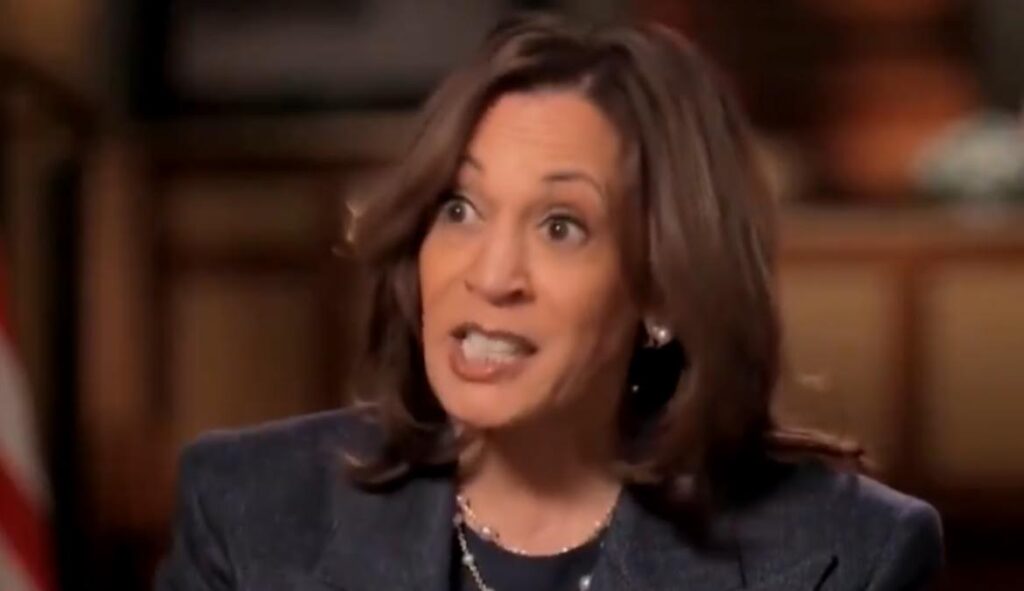In a recent interview with Bret Baier, Vice President Kamala Harris faced significant backlash after opting to skip the annual Alfred E. Smith Memorial Foundation Dinner in New York City, making her the first presidential candidate since Democratic nominee Walter Mondale in 1984 to do so. This decision led to her being booed by the audience when her absence was announced. The event, traditionally attended by presidential candidates as a mark of respect for the charity, saw Harris respond with a pre-recorded video instead, while former President Donald Trump attended the dinner in person, engaging with the crowd and showcasing a more light-hearted demeanor.
The audience’s reaction to Harris’s absence was palpable; when the host expressed disappointment at her non-attendance, loud boos echoed through the venue. This event’s significance cannot be understated, as it has historically been a platform for candidates to connect with voters through humor and humility. Harris’s decision to forgo this opportunity was criticized not only by political opponents but also drew attention across social media platforms. Many pointed out the inconsistency in her availability, as she appeared on various talk shows and podcasts leading up to the event, raising questions about her prioritization of events and engagements.
In stark contrast, President Trump took full advantage of his moment at the dinner. He delivered a series of comical roasts that resonated well with the audience, perhaps even overshadowing the absence of Harris. The former president’s performance was noted for its sharp humor, with analysts commenting on how he successfully seized the opportunity to jab at Harris while celebrating his own presence. This ability to engage and entertain the crowd was a reminder of the traditional role such charity dinners play in the political landscape.
Reactions to the event continued to pour in, highlighting the unusual circumstances surrounding Harris’s absence. Critics rapidly condemned her decision, with some characterizing it as cowardice. Commentators utilized social media platforms not only to mock her choice but to amplify Trump’s jokes at her expense, claiming that Harris’s decision reflected poorly on her campaign. The contrast between Trump’s jovial presence and Harris’s absence was stark and fuelled further scrutiny regarding her campaign strategy and public image.
Interestingly, even notable figures from the media, such as Brian Stelter, expressed surprise at Trump’s comedic effectiveness during the dinner, which underscored how his ability to connect with the audience could be influential in shaping public perception. Moreover, some critics highlighted the disparity in how effective each candidate was in utilizing similar platforms for their political outreach, as Harris’s absence was viewed as a missed opportunity to demonstrate her engagement with the electorate.
Ultimately, the fallout from the Alfred E. Smith Memorial Dinner serves as a snapshot of the current political landscape in which image and public engagement are critically scrutinized. Harris’s choice to skip an event that traditionally brings candidates closer to voters may have far-reaching implications for her campaign, especially in light of the perception shift in favor of Trump following this charity event. This incident illustrates the delicate balance political figures must maintain between commitments, public perception, and strategic campaigning within an ever-evolving political arena.

